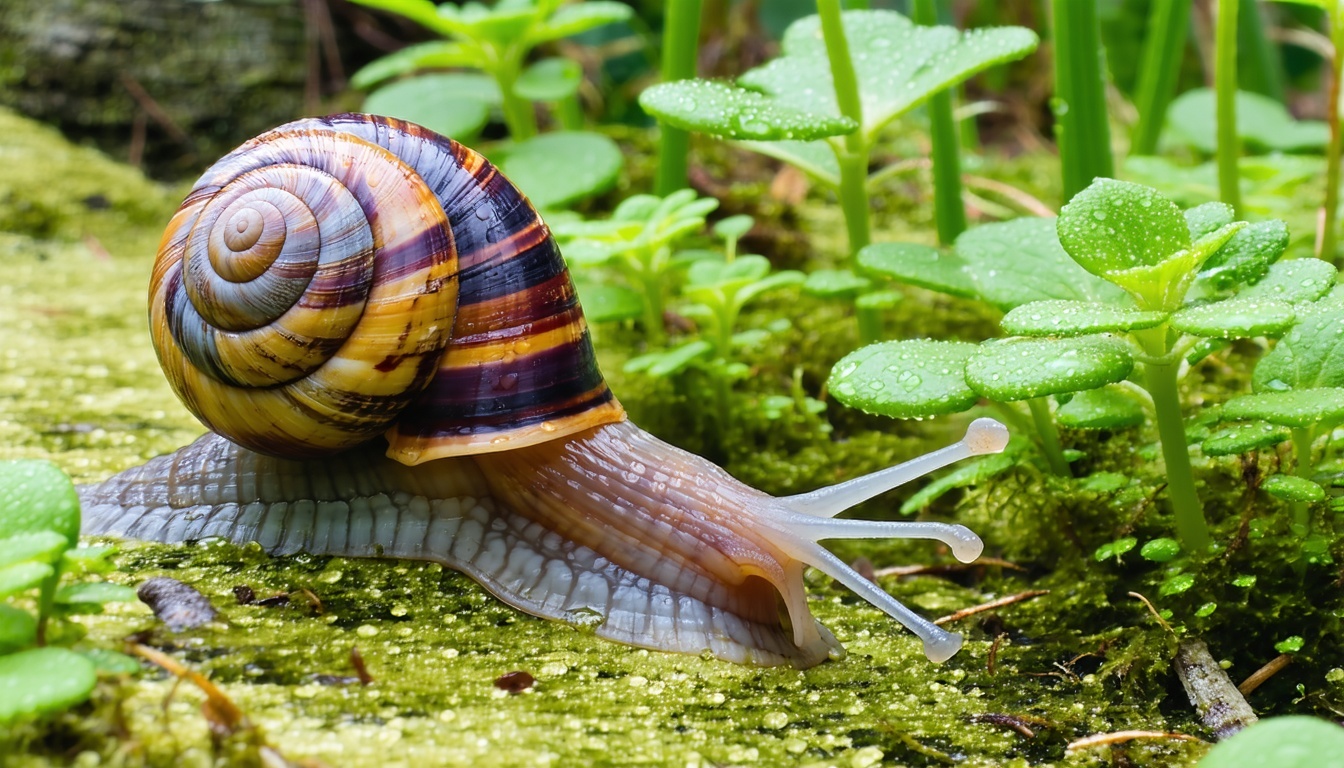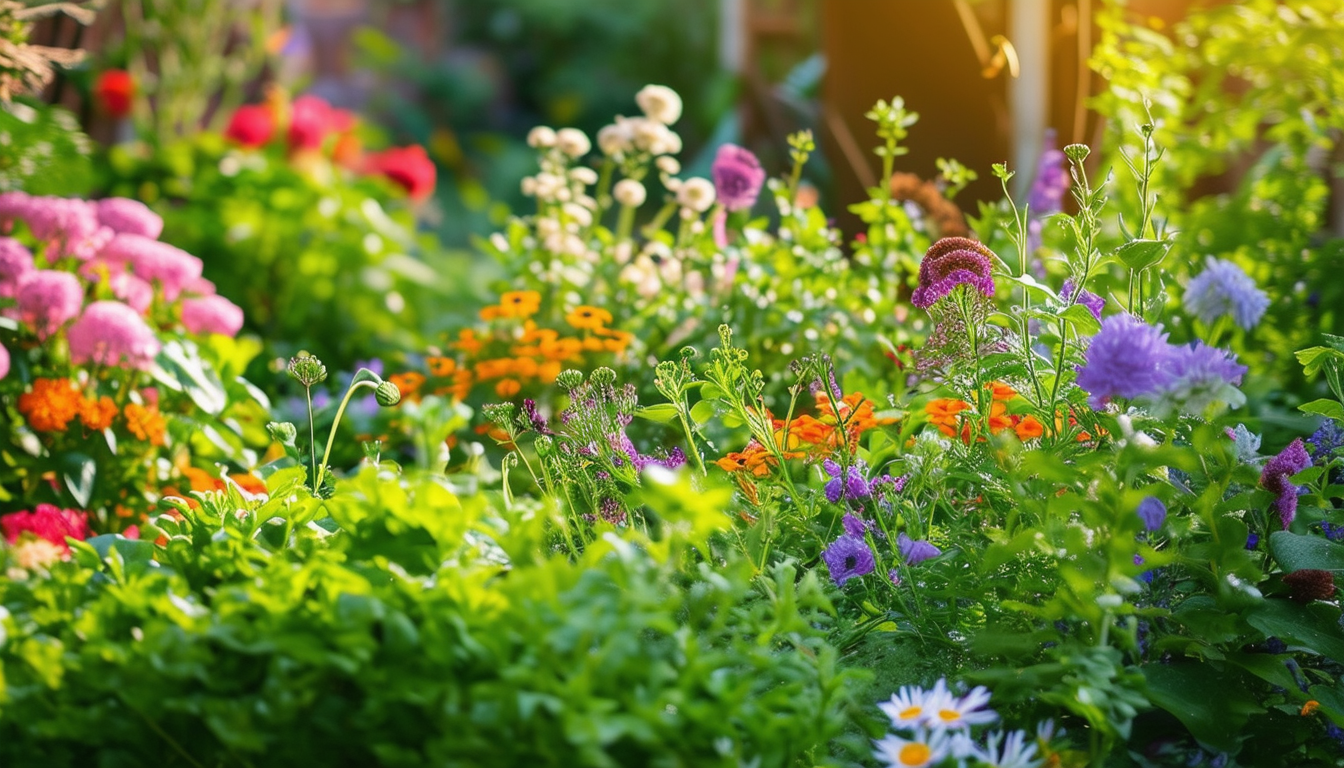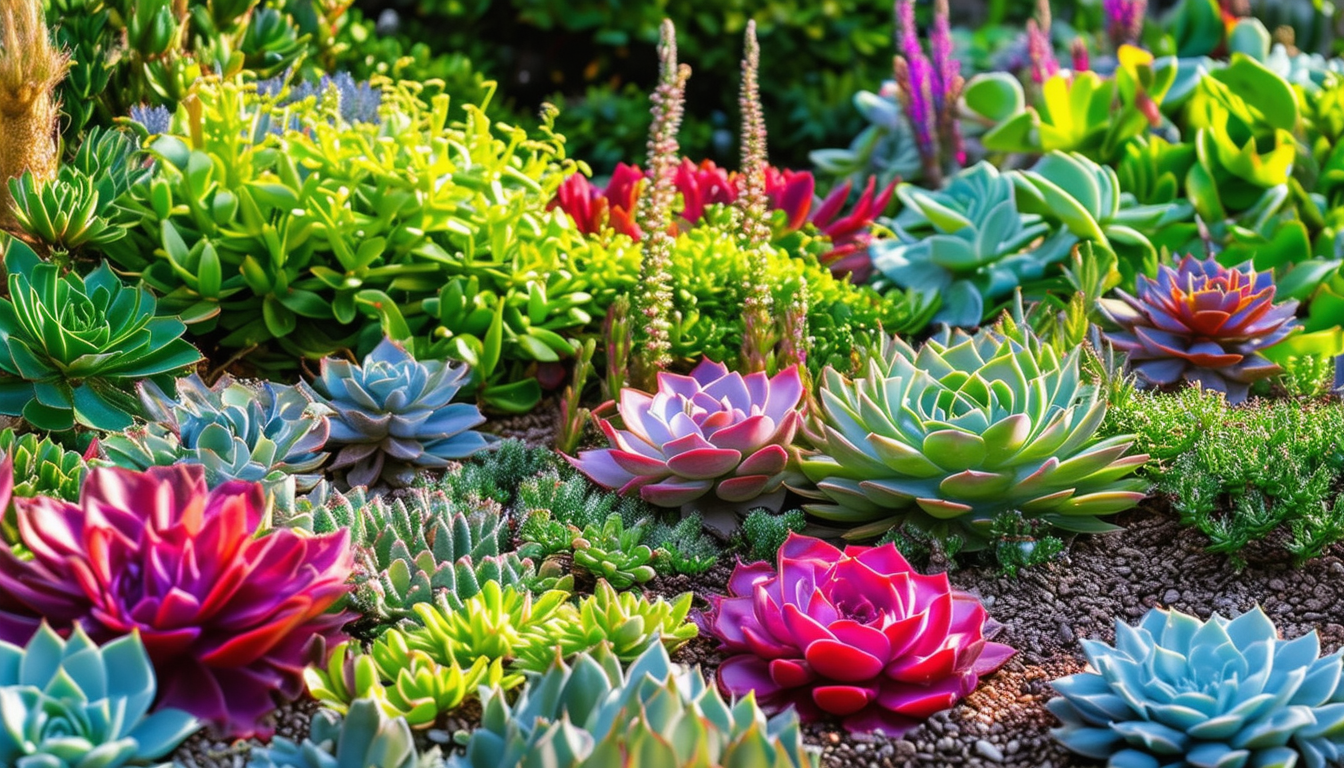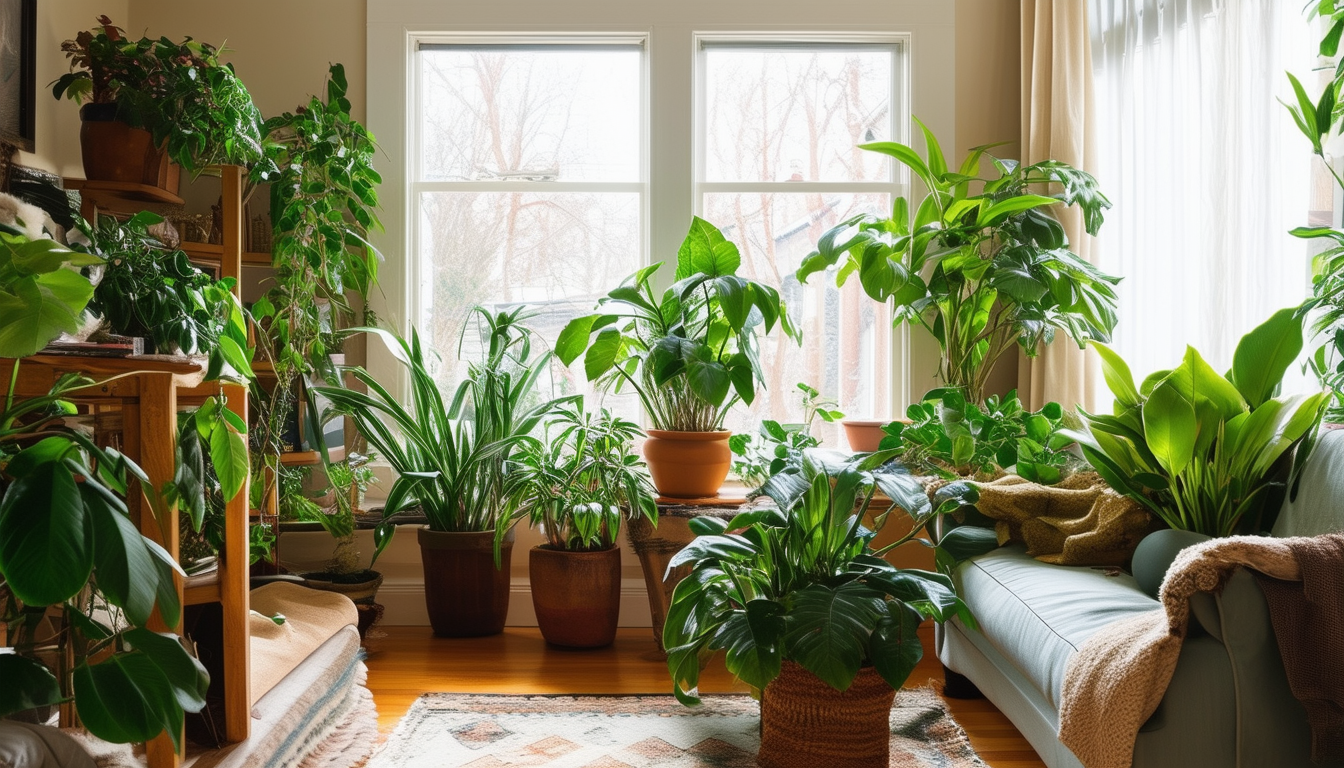
Looking for eco-friendly ways to keep snails out of your garden? Discover effective natural snail repellents that will protect your plants and keep your garden thriving.
Intro - Why Choose Natural Snail Repellents?
Gardeners often face the persistent problem of snails and slugs damaging their emerging seedlings. While chemical repellents are an option, they can harm the environment and other beneficial creatures in your garden. Natural snail repellents offer an eco-friendly alternative that protects your plants without adverse effects.
Choosing natural methods not only ensures the safety of your garden ecosystem but also aligns with sustainable gardening practices. These methods are often cost-effective and can be easily implemented using items you may already have at home.
Common Plants That Naturally Repel Snails
Certain plants have properties that naturally deter snails and slugs. For instance, aromatic herbs like rosemary, thyme, and sage are excellent choices. These plants emit strong scents that snails find unappealing, keeping them at bay.
Other effective plants include garlic, chives, and mint. By incorporating these plants into your garden, you can create a natural barrier that protects your more vulnerable seedlings from snail damage.
Household Items That Keep Snails at Bay
You might be surprised to learn that many common household items can help deter snails. Coffee grounds, for example, are a great natural repellent. The caffeine in the coffee is toxic to snails, and the texture of the grounds is uncomfortable for them to crawl over.
Crushed eggshells and diatomaceous earth are also effective. Both materials create a rough surface that snails avoid, and diatomaceous earth also dehydrates them upon contact.
Creating Barriers and Traps to Deter Snails
Physical barriers can be highly effective in protecting your garden from snails. Copper tape is widely used because snails and slugs receive a mild electric shock when they attempt to cross it. This makes copper an excellent choice for creating a perimeter around your plants.
Traps can also be useful. Beer traps are a popular and humane method. Simply bury a shallow container filled with beer in your garden. The yeast attracts the snails, and they become trapped in the liquid.
Maintaining a Snail-Free Garden: Tips and Tricks
Regular garden maintenance is key to keeping snails at bay. Remove debris, fallen leaves, and other hiding spots where snails may reside. Water your garden in the morning to reduce dampness at night, when snails are most active.
Encourage natural predators such as birds, frogs, and hedgehogs, which can help control snail populations. Creating a diverse garden ecosystem can significantly reduce the number of snails and slugs.
10 Frequently Asked Questions on Natural Repellents for Slugs
1. What plants repel snails naturally? - Herbs like rosemary, thyme, and sage are effective.
2. Can coffee grounds be used to deter snails? - Yes, the caffeine in coffee grounds is toxic to snails.
3. How do crushed eggshells help? - They create a rough surface that snails avoid.
4. What is diatomaceous earth? - A natural powder that dehydrates snails upon contact.
5. Are beer traps effective? - Yes, snails are attracted to the yeast in beer and become trapped.
6. How does copper tape work? - It gives snails a mild electric shock when they try to cross it.
7. Should I water my garden at night? - No, water in the morning to reduce nighttime dampness.
8. Can natural predators help? - Yes, birds, frogs, and hedgehogs can control snail populations.
9. What are some maintenance tips? - Remove debris and fallen leaves to eliminate hiding spots.
10. Are natural repellents cost-effective? - Yes, many can be made from household items and are inexpensive.



